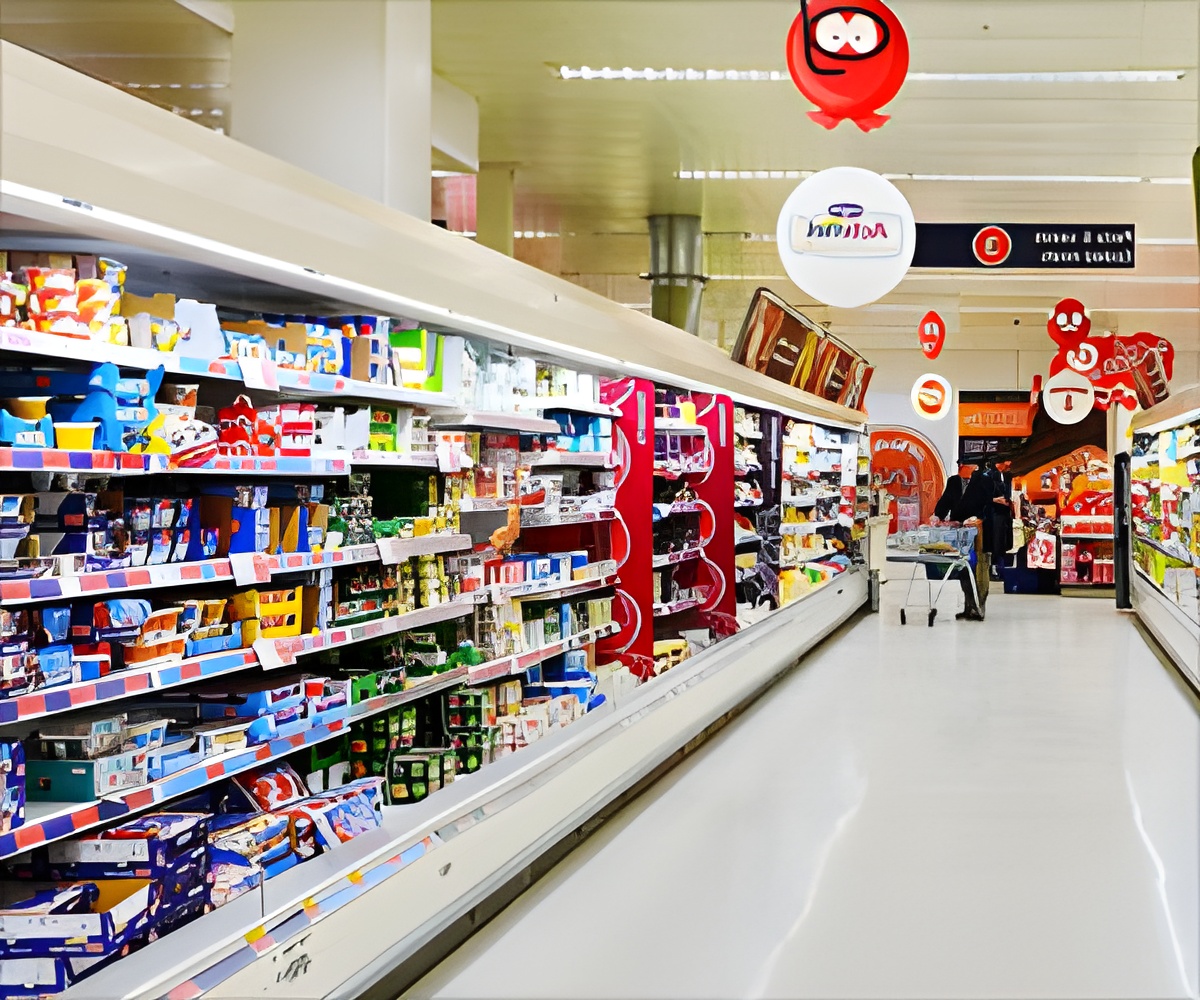
‘People who are living in communities with limited access to grocery stores - known as ‘food deserts’ - were more likely to eat foods high in fats and sugars.’
Tweet it Now
The researchers used a term "food deserts" to describe communities with limited access to grocery stores. "The United States Department of Agriculture identifies food deserts based on the availability of fresh food," said lead author Munmun De Choudhury from Georgia Tech's School of Interactive Computing.
"Instagram literally gives us a picture of what people are actually eating in these communities, allowing us to study them in a new way," Choudhury observed.
"Fruits and vegetables are the biggest difference," Choudhury said.
The team from the Georgia Institute of Technology has identified three million geo-tagged Instagram posts of food to determine what people are eating.
Advertisement
The research team used the USDA's database of nutritional values for nearly 9,000 foods to create a nutritional profile for both groups.
Advertisement
Pictures of meals that are most likely to be posted by both groups tend to be the staples of each region. Steak and coffee in the West; lox and cheesecake in the East; and okra and biscuits in the South.
"It doesn't matter where you live," Choudhury said. "Everyone seems to eat what their region is known for."
Source-IANS









